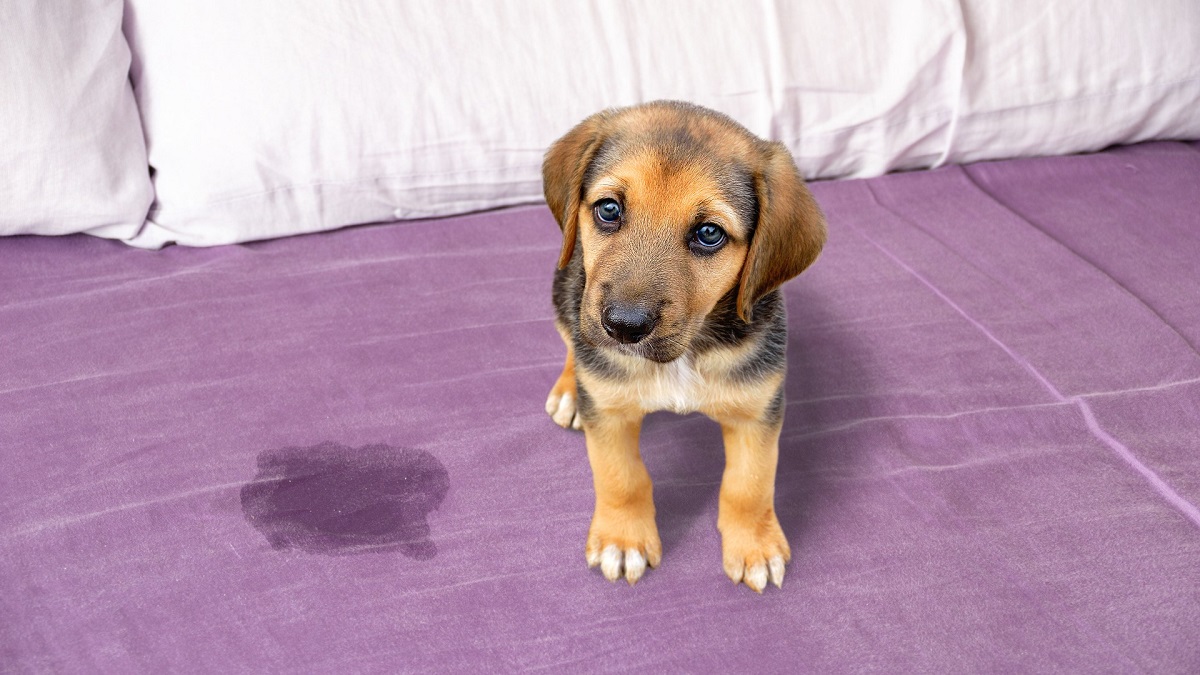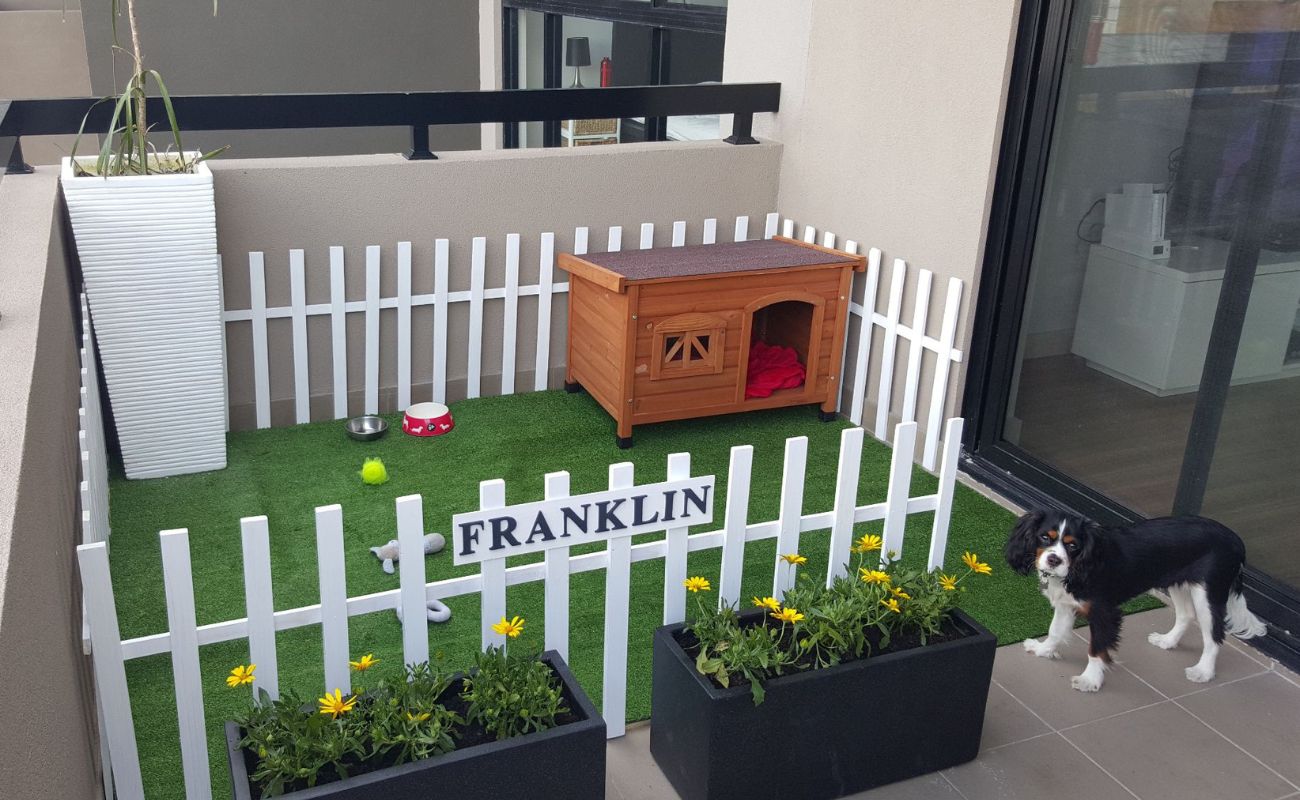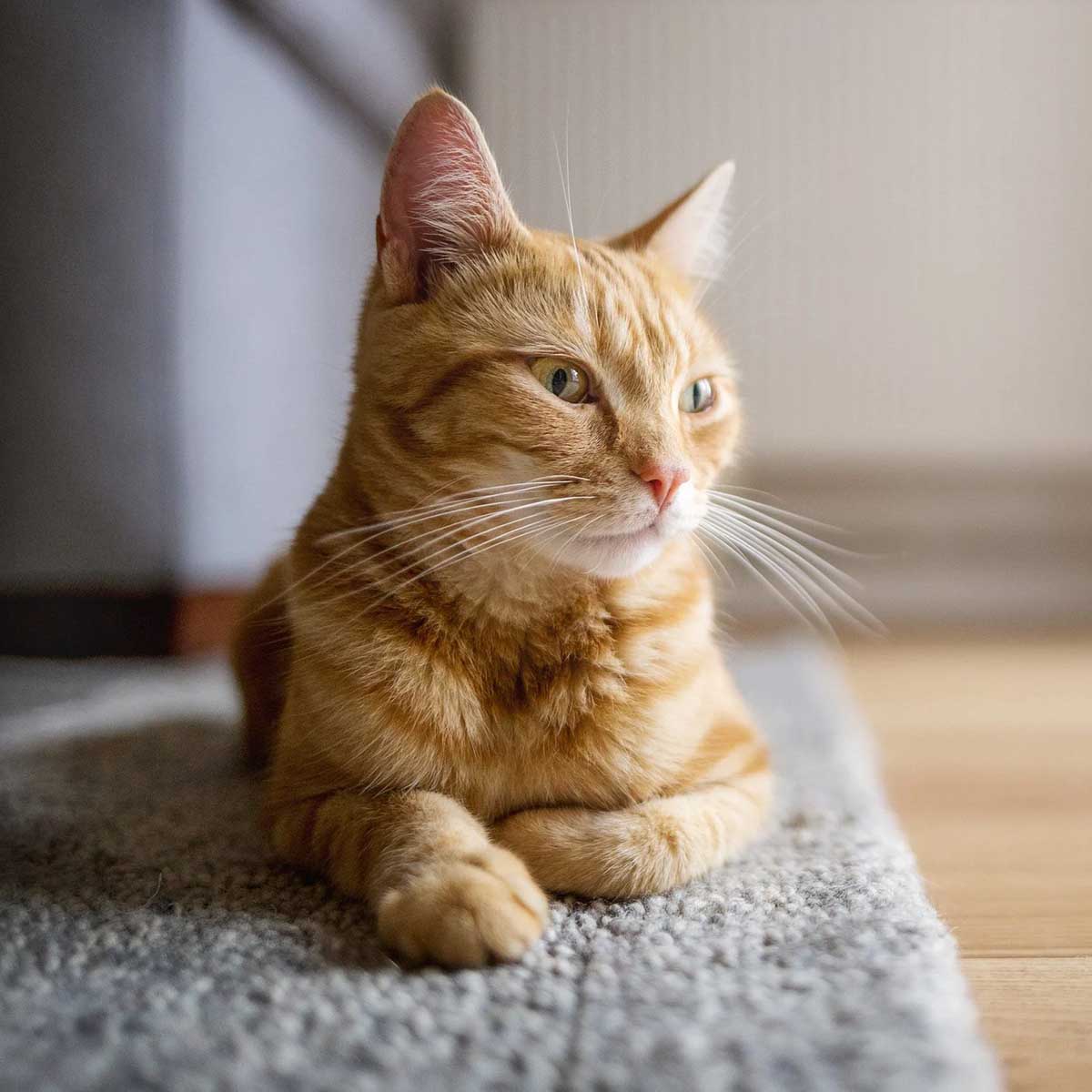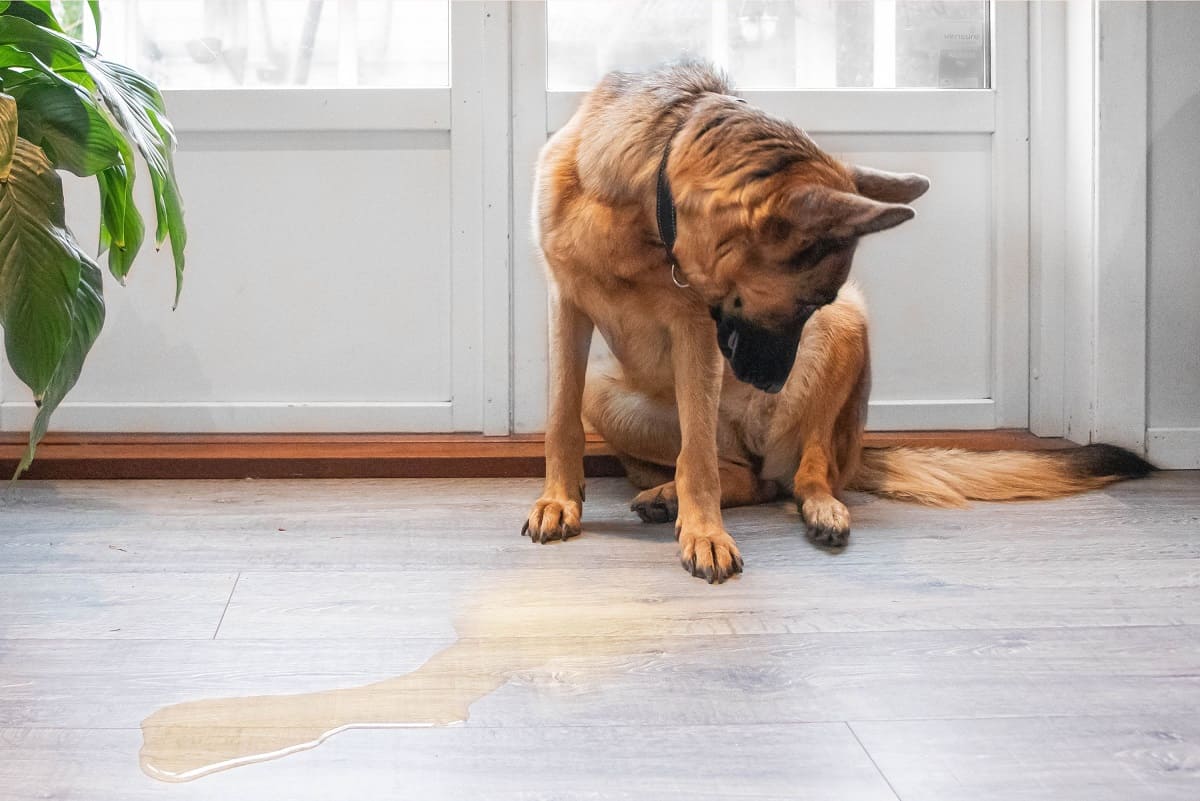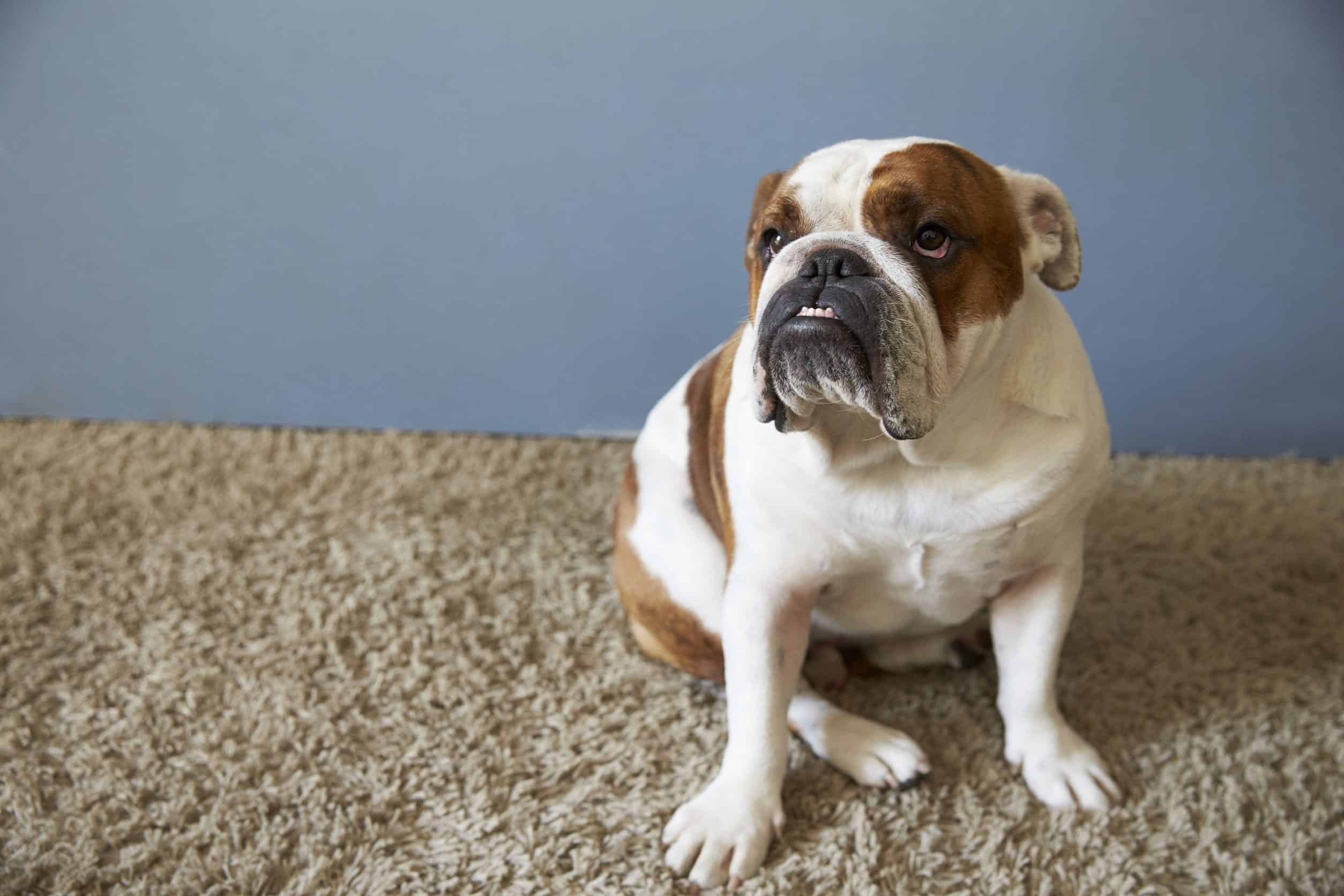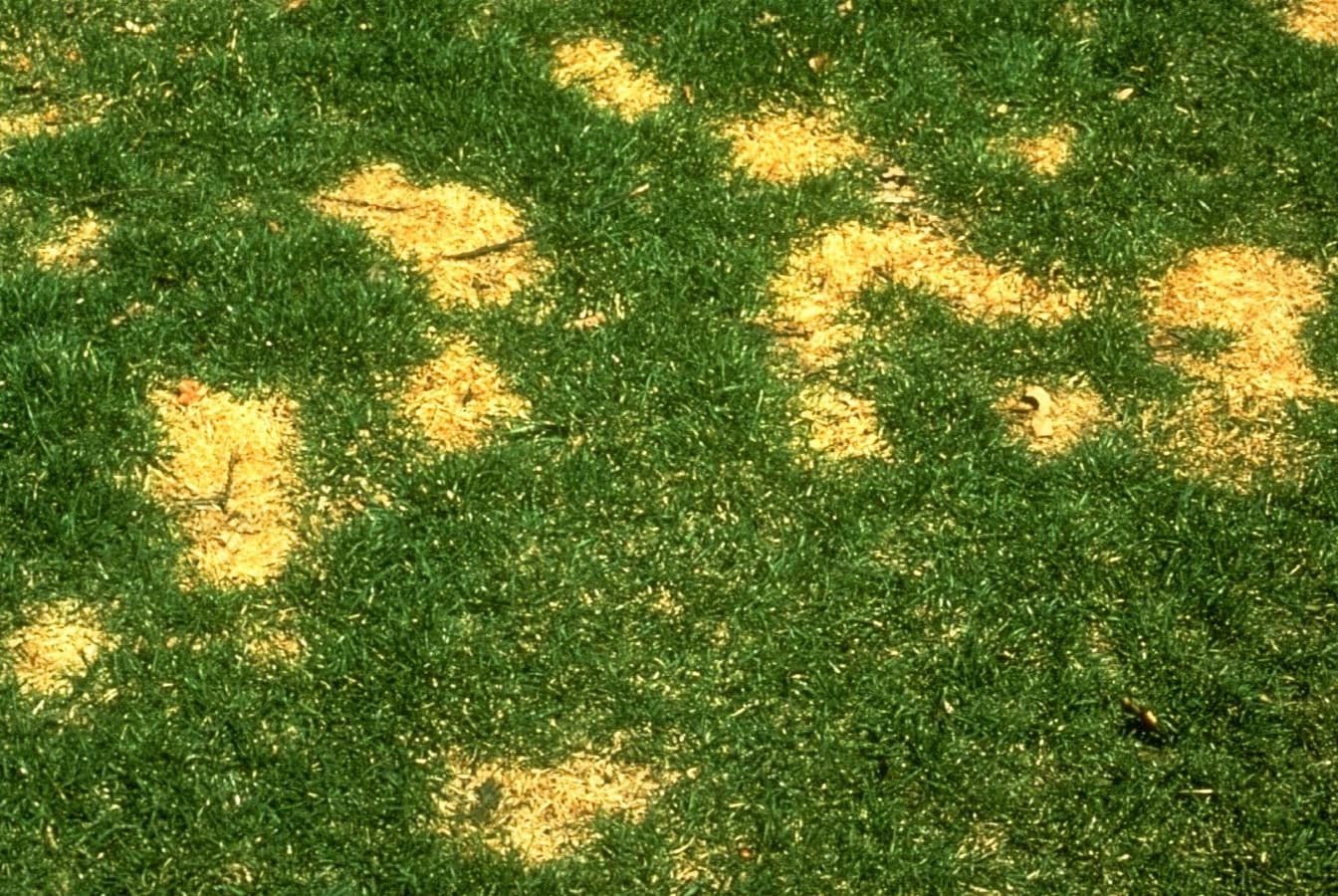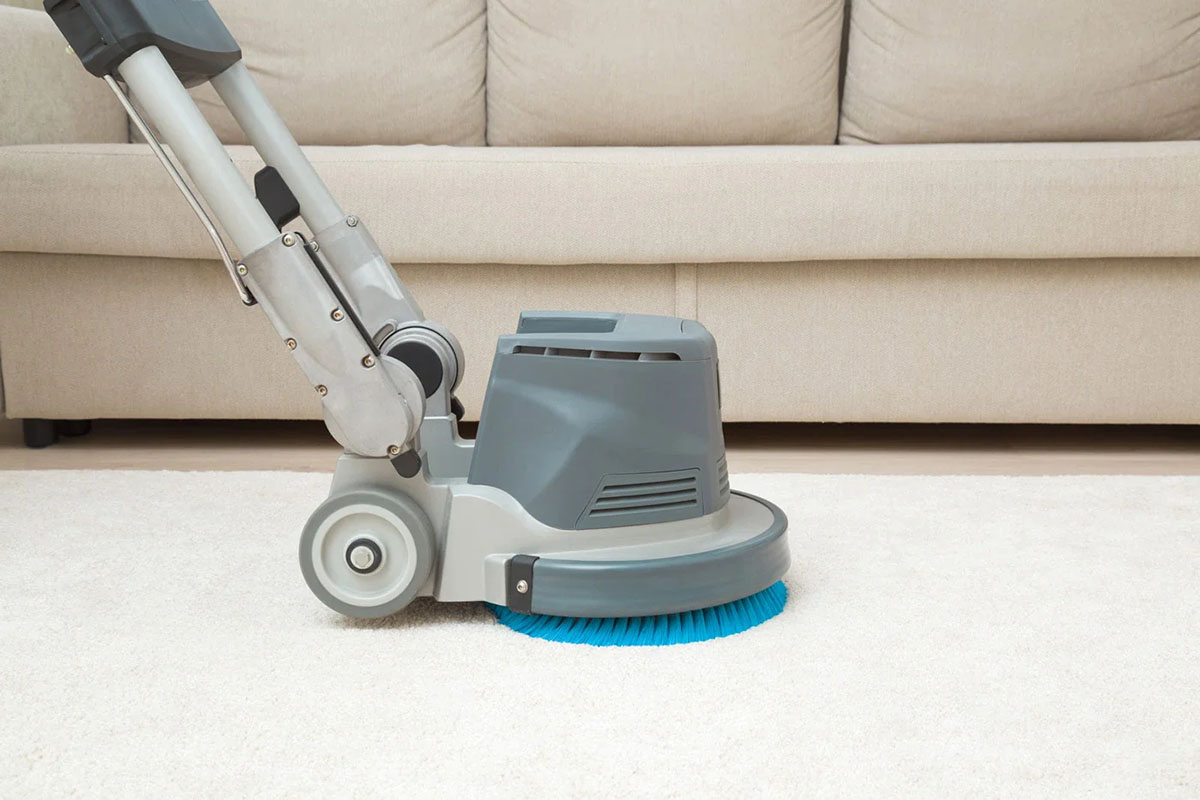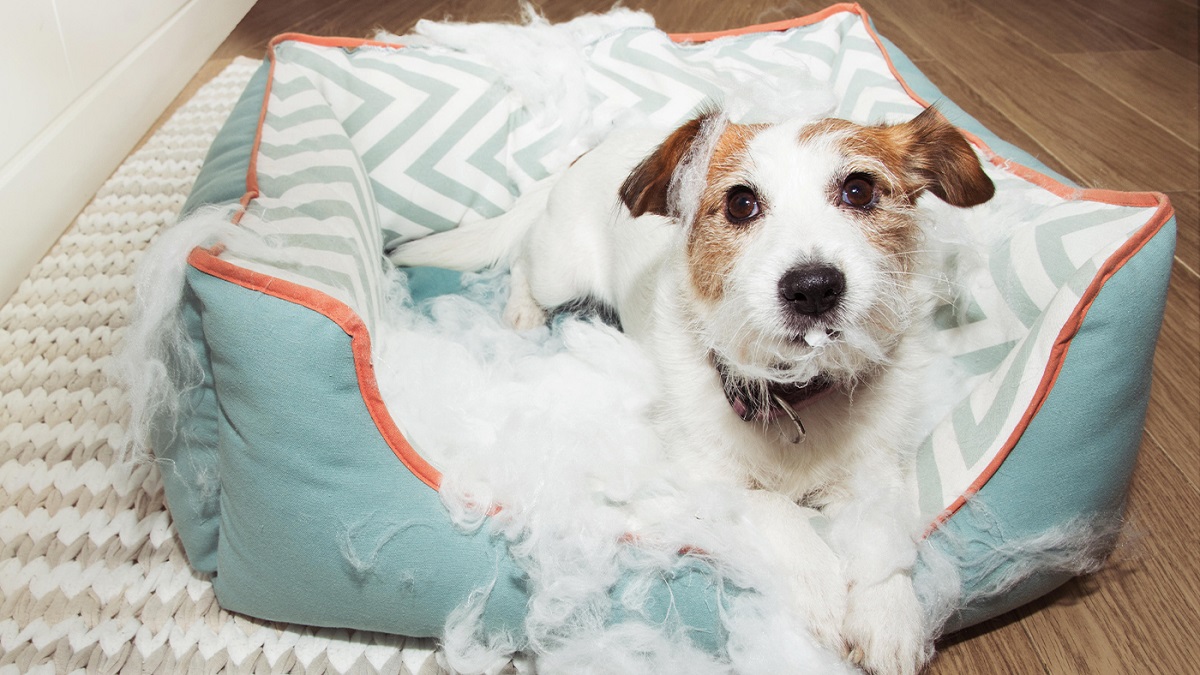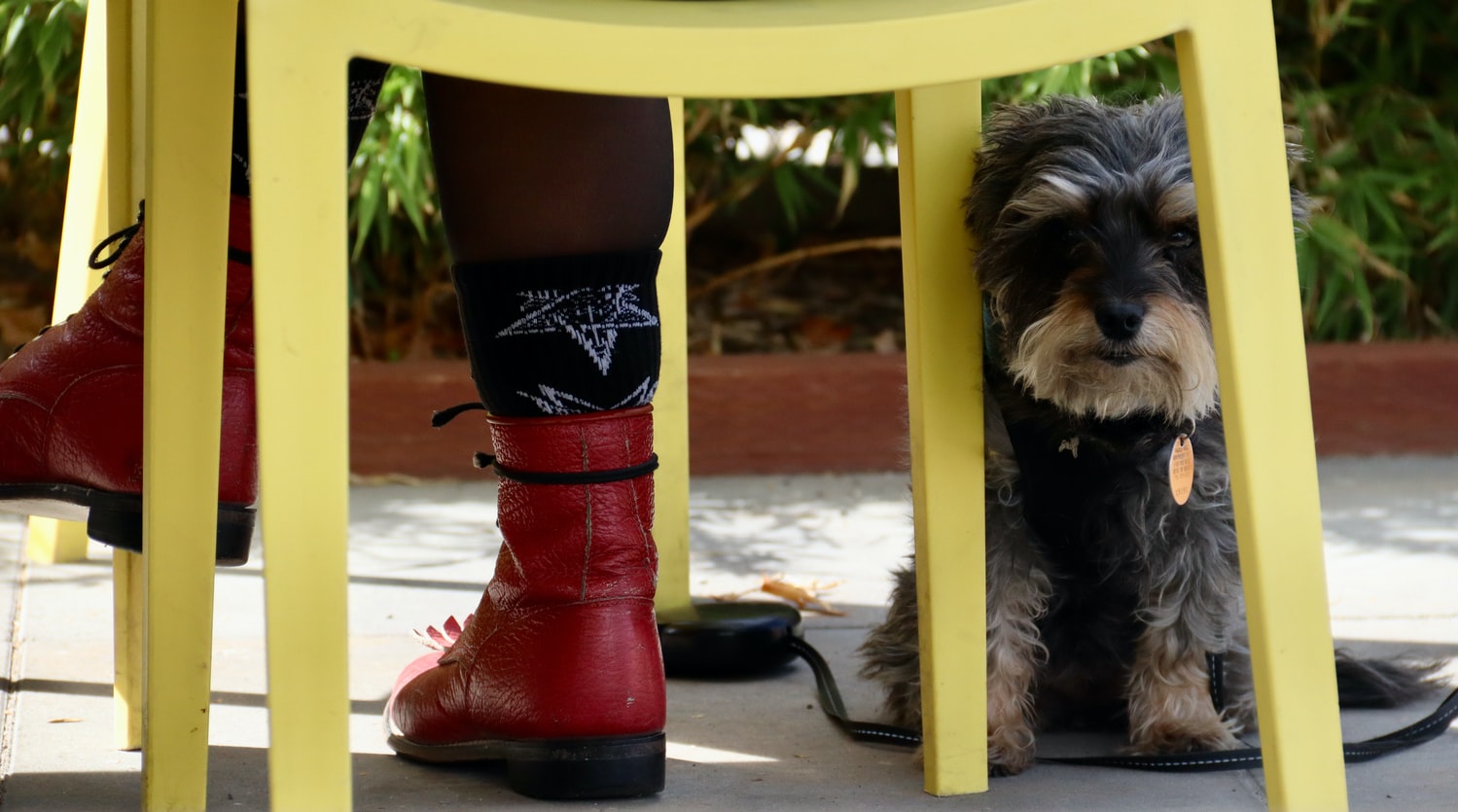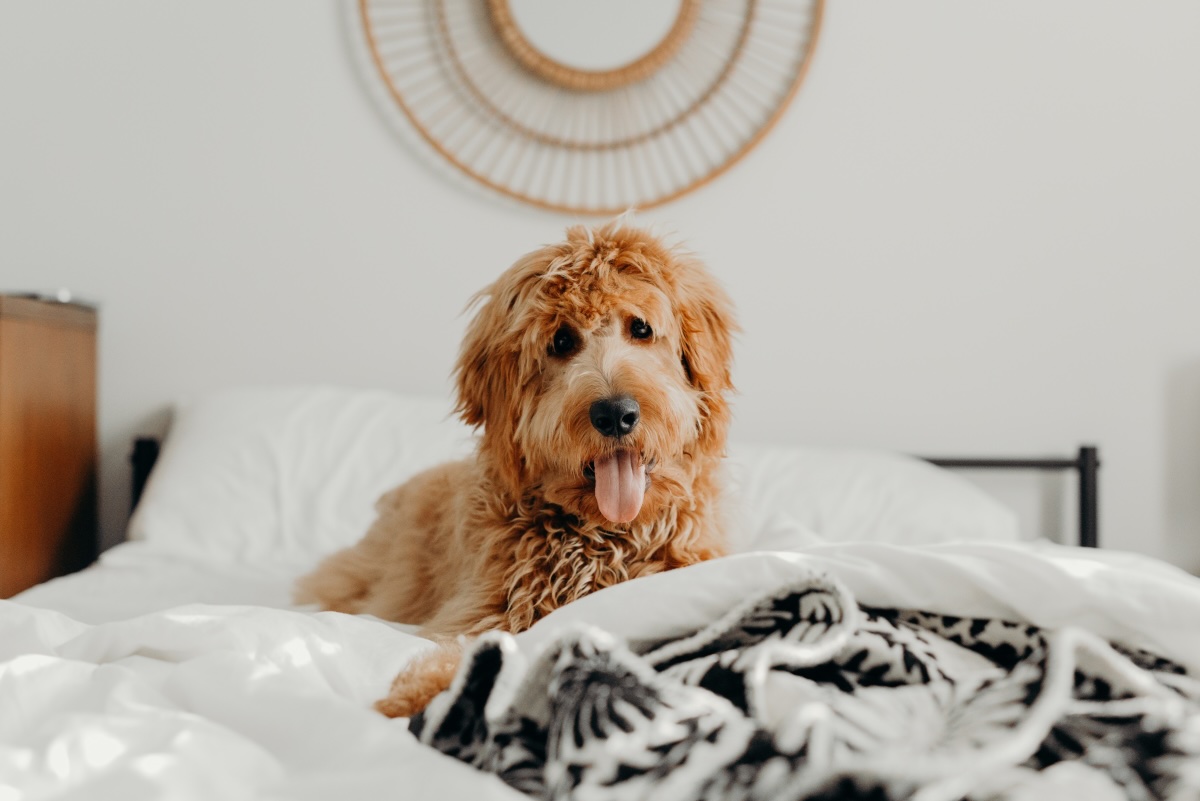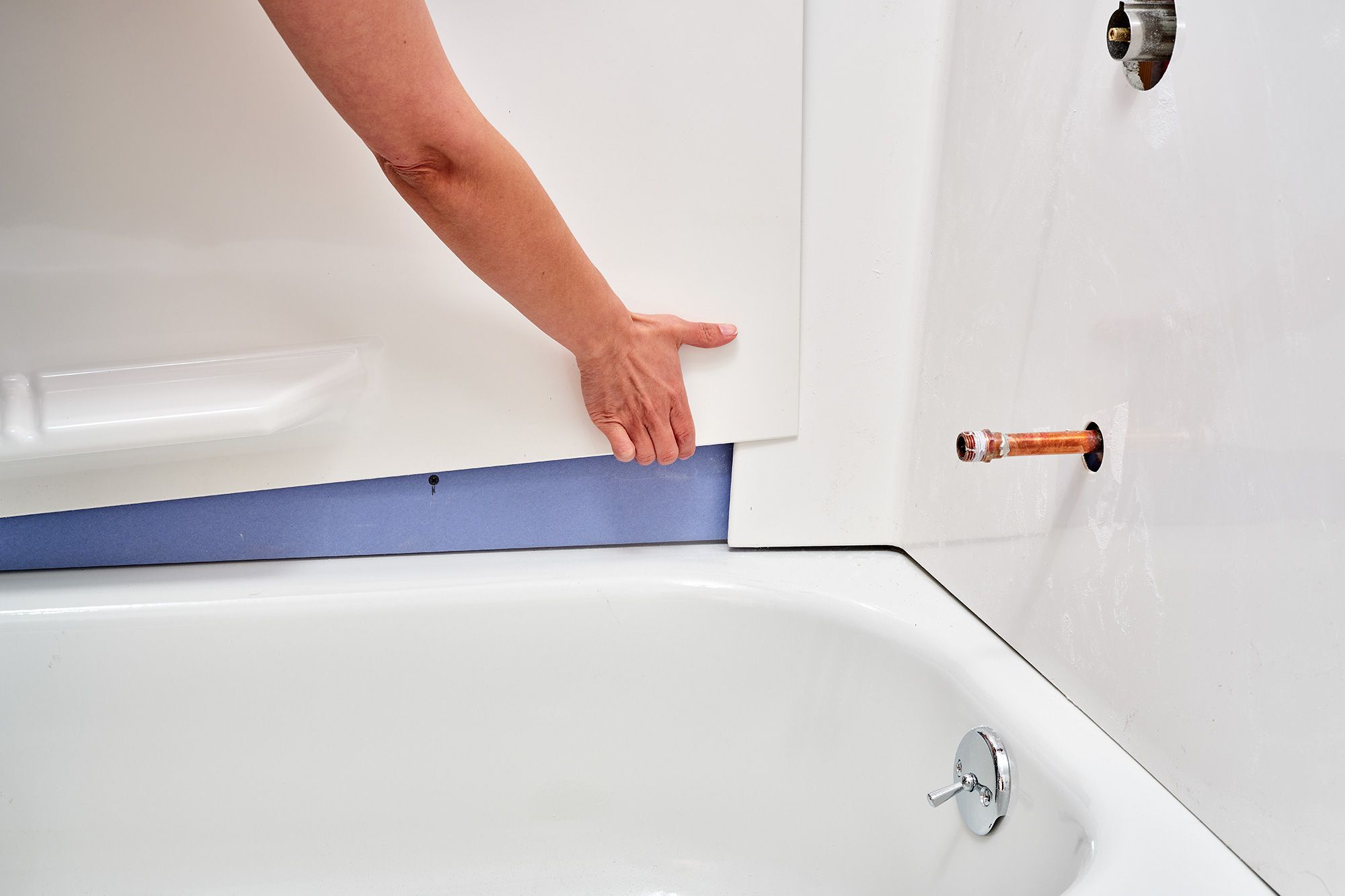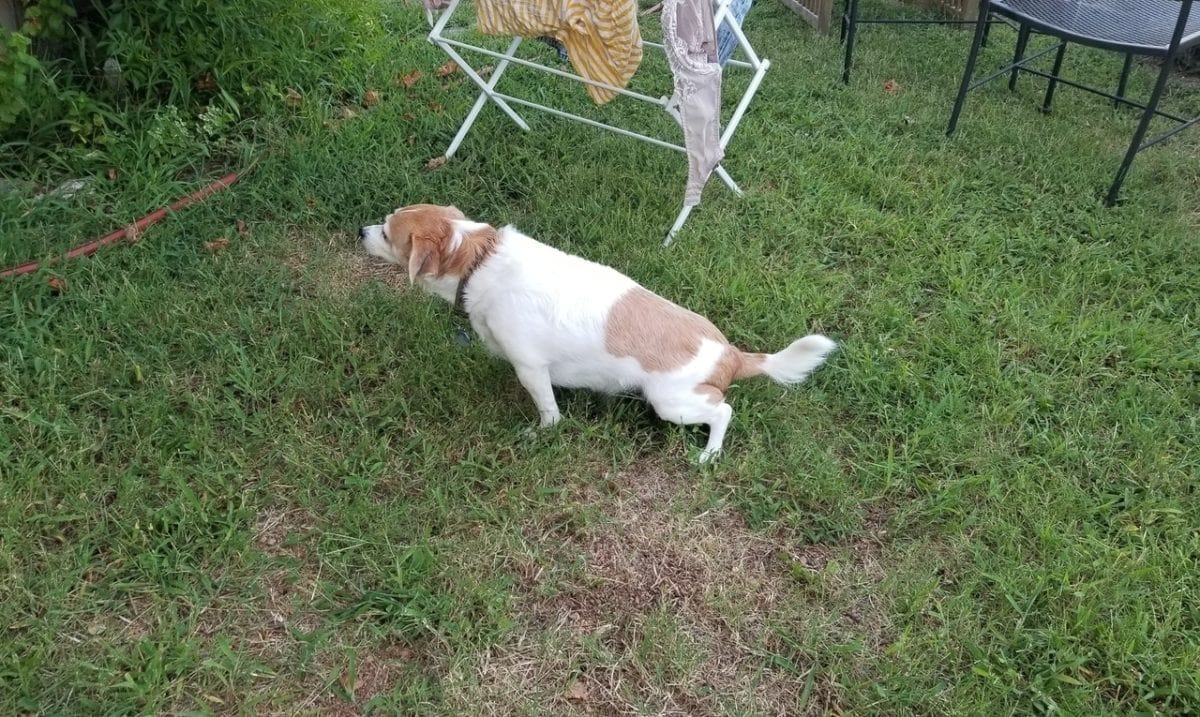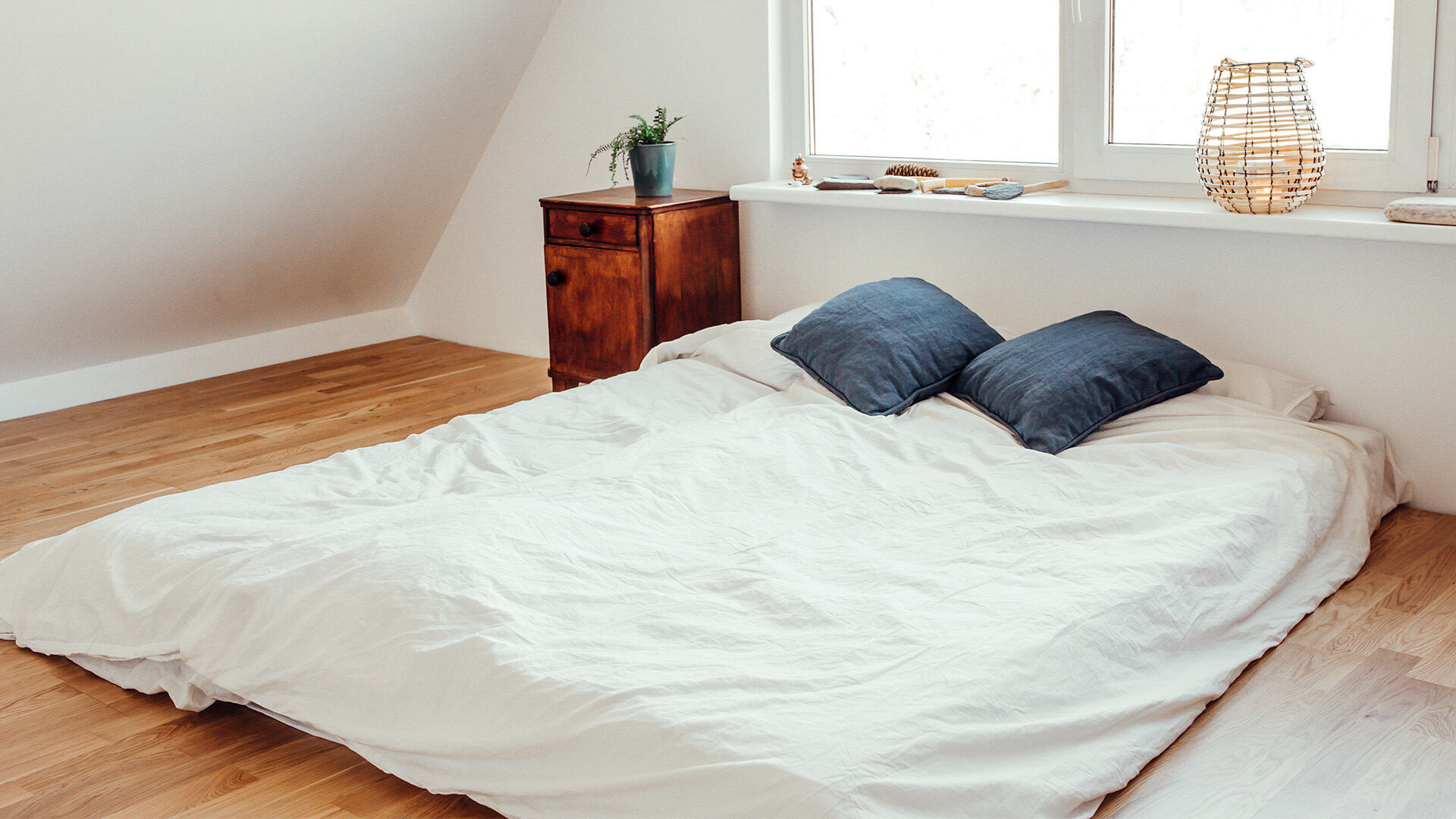Home>Articles>What Can I Put On My Carpet To Stop My Dog From Peeing On It
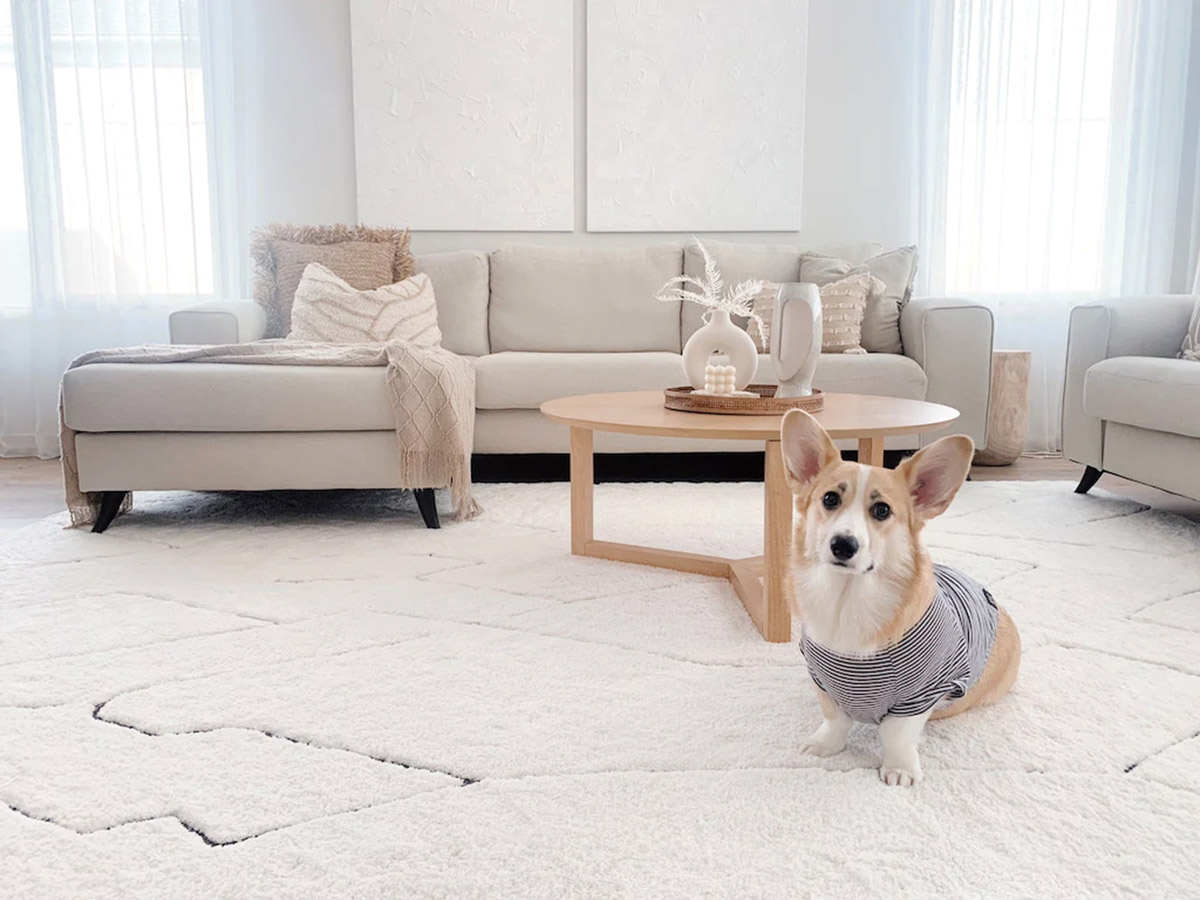

Articles
What Can I Put On My Carpet To Stop My Dog From Peeing On It
Modified: October 28, 2024
Discover effective articles on what to put on your carpet to prevent dogs from peeing on it. Find helpful solutions to keep your carpet clean and odor-free.
(Many of the links in this article redirect to a specific reviewed product. Your purchase of these products through affiliate links helps to generate commission for Storables.com, at no extra cost. Learn more)
Introduction
Having a dog as a beloved member of your family comes with many joys and responsibilities. However, one of the challenges that dog owners often face is dealing with their furry friend urinating on the carpet. Not only can this be frustrating and create an unpleasant odor, but it can also ruin your carpet and create an unsanitary living environment.
In order to address this issue, it’s important to understand why dogs engage in this behavior and how to effectively stop them from peeing on the carpet. In this article, we will explore the reasons behind this behavior and provide you with practical solutions to prevent it from happening.
It’s worth noting that while this article focuses on dogs urinating on the carpet, the techniques and tips can also be applied to other inappropriate elimination behaviors, such as marking or urinating in other areas of the house. Remember, patience, consistency, and positive reinforcement are key in successfully correcting your dog’s behavior.
Now, let’s dive into the reasons why dogs may pee on your carpet and how to effectively address this issue.
Key Takeaways:
- Understanding the reasons behind your dog’s carpet urination is crucial for effective training. Identifying the cause, establishing a routine, and using positive reinforcement are key to preventing this behavior.
- If your dog continues to urinate on the carpet despite training efforts, seeking veterinary advice is important. Underlying medical issues or behavioral problems may be contributing to this behavior.
Read more: How To Stop My Dog From Peeing On My Carpet
Understanding the Behavior
Before diving into how to stop your dog from peeing on the carpet, it’s important to understand why this behavior occurs in the first place. Dogs have a strong instinct to mark their territory, and urine is one of the ways they communicate with other animals. There are several reasons why your dog may be urinating on the carpet:
- Untrained or Undertrained: If your dog has not been properly house-trained or needs a refresher on potty training, they may resort to urinating on the carpet as an easy and convenient option.
- Submissive or Excitement Urination: Some dogs may urinate on the carpet when they are feeling excited, submissive, or anxious. This is often seen in puppies or dogs that have not yet learned how to control their bladder in certain situations.
- Medical Issues: In some cases, dogs may have underlying medical issues, such as urinary tract infections, bladder stones, or incontinence, that cause them to urinate inappropriately. If you suspect a medical issue, it’s important to consult with your veterinarian.
- Marking Behavior: Dogs may also mark their territory by urinating on the carpet. This behavior is more commonly seen in male dogs, but can also occur in females. Marking is a way for dogs to establish their scent and claim their territory.
By understanding the underlying reasons for your dog’s behavior, you can better tailor your training and intervention techniques to address the root cause.
Next, we will explore how to identify the specific cause of your dog’s urination on the carpet.
Identifying the Cause
Identifying the cause of your dog’s urination on the carpet is crucial in order to effectively address the issue. By determining the underlying reason, you can implement targeted strategies to prevent your dog from repeating the behavior. Here are some steps you can take to identify the cause:
- Observe the Behavior: Pay attention to when and where your dog is urinating. Is it happening at specific times or in specific areas of the house? This can provide valuable insight into the trigger for the behavior.
- Rule Out Medical Issues: Schedule a visit to the veterinarian to rule out any potential medical issues. Your vet can perform a thorough examination and run necessary tests to ensure your dog’s urinary system is functioning properly.
- Assess the Training: Evaluate your dog’s house-training history and current training regimen. Has your dog been properly trained to eliminate outside? Are there any gaps in their training that need to be addressed?
- Consider Environmental Factors: Take note of any recent changes in your dog’s environment that could be causing stress or anxiety. For example, a new pet, a move to a new home, or changes in the family dynamic can all contribute to inappropriate urination.
- Look for Signs of Marking: If your dog is intact (not neutered or spayed), marking may be a contributing factor. Look for signs such as lifting a leg to urinate or frequent urination in small amounts.
By going through these steps, you can gain a better understanding of why your dog is urinating on the carpet. Once you have identified the cause, you can move forward with implementing the appropriate strategies to stop this behavior.
Next, we will explore how to establish a regular routine to prevent your dog from urinating on the carpet.
Establishing a Regular Routine
One effective way to prevent your dog from urinating on the carpet is to establish a consistent and structured routine. By providing your dog with regular opportunities to eliminate outside, you can reduce the likelihood of accidents indoors. Here are some steps to help you establish a regular routine:
- Set a Feeding Schedule: Feed your dog at specific times throughout the day rather than free-feeding. This will help regulate their digestion and create a predictable elimination schedule.
- Take Regular Bathroom Breaks: Take your dog outside for bathroom breaks first thing in the morning, after meals, and before bedtime. Additionally, schedule regular potty breaks throughout the day to prevent accidents.
- Use Reward-Based Training: When your dog eliminates outside, reward them with praise, treats, or affection to reinforce the desired behavior. This positive reinforcement will encourage them to continue eliminating in the appropriate areas.
- Monitor Water Intake: Keep an eye on your dog’s water intake, especially in the evening. Limit access to water a couple of hours before bedtime to reduce the chances of nighttime accidents.
- Designated Elimination Area: Designate a specific area in your yard where you want your dog to eliminate. Take them to this same spot consistently to reinforce the association with bathroom time.
- Supervise Indoors: When your dog is indoors, keep a close eye on them to catch any signs of needing to eliminate. If you notice any signs, immediately take them outside to the designated area.
Consistency is key when establishing a routine. Stick to the schedule and be patient with your dog as they adapt to the new routine. Remember to reward and praise them for eliminating in the appropriate areas.
Next, we will explore effective training and reinforcement techniques to further discourage your dog from urinating on the carpet.
Try using a pet deterrent spray with a scent that dogs dislike, such as citrus or vinegar. Clean any existing urine spots thoroughly to remove the scent and discourage future accidents. Consider using a dog training aid or consulting a professional trainer for additional help.
Training and Reinforcement Techniques
Training and reinforcement techniques are essential in correcting your dog’s behavior of urinating on the carpet. By using positive reinforcement and consistent training methods, you can effectively teach your dog where it is appropriate to eliminate. Here are some techniques to consider:
- Consistent Cue Words: Choose a specific cue word or phrase, such as “go potty” or “do your business,” and use it consistently when you take your dog outside to eliminate. This will help them associate the cue with the desired behavior.
- Supervision and Immediate Action: When indoors, keep a close eye on your dog and watch for signs that they need to eliminate. If you see them sniffing around or circling, immediately take them outside to the designated potty area.
- Praise and Rewards: When your dog eliminates in the appropriate area, praise them enthusiastically and offer a treat or a favorite toy as a reward. This positive reinforcement will help reinforce the desired behavior.
- Redirect and Interrupt: If you catch your dog in the act of urinating on the carpet, quickly and calmly interrupt the behavior by making a sharp noise or saying “no” firmly. Then, immediately take them outside to finish in the designated area.
- Prevent Access: If you cannot directly supervise your dog, consider using baby gates or closing doors to restrict access to carpeted areas. This prevents them from having the opportunity to urinate on the carpet when you aren’t able to intervene.
- Ignore Accidents: If your dog has an accident on the carpet, it’s important not to punish or scold them. Instead, simply clean up the mess without drawing attention to the behavior. Punishment after the fact is not effective and can cause confusion and anxiety in your dog.
Consistency, patience, and positive reinforcement are key components of successful training. Remember to be proactive in preventing accidents and consistently reinforce the desired behavior of eliminating in the appropriate area.
Next, we will explore the use of deterrents to discourage your dog from urinating on the carpet.
Using Deterrents
When it comes to preventing your dog from urinating on the carpet, using deterrents can be an effective strategy. Deterrents help create negative associations with the carpet, making it unappealing for your dog to eliminate there. Here are some deterrents you can consider:
- Commercial Repellents: There are commercially available pet repellents that are specifically designed to discourage dogs from urinating in certain areas. These products typically have a scent that dogs find unpleasant, deterring them from eliminating on the carpet.
- Natural Repellents: Some natural items, such as citrus peels, vinegar, or diluted essential oils, can be sprayed or applied to the carpet to create an unpleasant smell for your dog. However, be mindful of any potential allergies or sensitivities your dog may have to these substances.
- Aluminum Foil or Plastic Sheet: Dogs often dislike the texture and sound that aluminum foil or plastic sheets make when stepped on. Placing these materials on the carpet can deter your dog from walking or urinating on it.
- Carpet Runner with Spikes: Another option is to use a carpet runner with plastic spikes facing upward. These spikes are uncomfortable for dogs to walk on, discouraging them from approaching the carpeted area.
- Effective Cleaning: Properly cleaning any previous accidents on the carpet is crucial to eliminate any lingering scent that may attract your dog to urinate in the same spot again. Use an enzymatic cleaner specifically designed for pet urine to thoroughly eliminate the odor.
It’s important to note that while deterrents can be useful in preventing your dog from urinating on the carpet, they should be used in conjunction with proper training and reinforcement techniques. The goal is to deter the behavior while also teaching your dog where it is appropriate to eliminate.
Next, we will discuss when it may be necessary to seek veterinary advice to address this issue.
Seeking Veterinary Advice
If you have tried various training techniques and deterrents, but your dog continues to urinate on the carpet, it may be time to seek veterinary advice. There are instances where underlying medical conditions can contribute to this inappropriate elimination behavior. Here are some reasons why veterinary advice may be necessary:
- Urinary Tract Infection (UTI): UTIs can cause dogs to have increased urgency and frequency of urination. If your dog is exhibiting other symptoms such as straining to urinate, blood in the urine, or accidents outside of the normal routine, it’s essential to consult with your veterinarian.
- Bladder Stones: Bladder stones can cause discomfort and lead to changes in a dog’s elimination behavior. If your dog is displaying signs of pain during urination, frequent urination, or accidents in the house, a visit to the vet is recommended.
- Incontinence: Dogs, especially as they age, may develop urinary incontinence where they have little control over their bladder. This can result in accidents indoors. Your veterinarian can determine if incontinence is the underlying cause and recommend appropriate treatment options.
- Behavioral Issues: In some cases, urinating on the carpet may be a sign of separation anxiety or other behavioral problems. Your vet can help assess the behavior and provide guidance on managing and addressing these issues.
It’s important to remember that your veterinarian is a valuable resource and can help identify any potential medical issues that may be contributing to your dog’s inappropriate elimination behavior. They can provide a proper diagnosis and develop a treatment plan tailored to your dog’s specific needs.
Finally, let’s summarize our findings and conclude the article.
Conclusion
Dealing with a dog that consistently urinates on the carpet can be frustrating, but with the right approach, it is a behavior that can be corrected. By understanding the reasons behind this behavior, identifying the cause specific to your dog, establishing a regular routine, implementing effective training techniques, using deterrents, and seeking veterinary advice when needed, you can successfully prevent your dog from urinating on the carpet.
Remember, patience, consistency, and positive reinforcement are key throughout the training process. Avoid punishment and focus on rewarding desired behavior. By setting clear boundaries and providing a structured environment, you can establish a solid foundation for your dog to understand where it is appropriate to eliminate.
If you have followed the tips and techniques outlined in this article and are still struggling with your dog’s inappropriate urination, it may be necessary to consult with a professional dog trainer or behaviorist. They can provide personalized guidance and support to help you overcome this challenge.
Ultimately, addressing your dog’s urination on the carpet requires a combination of training, understanding, and patience. By investing time and effort in the process, you can create a clean and harmonious living environment for both you and your furry friend.
We hope this article has provided you with useful insights and practical strategies to stop your dog from peeing on the carpet. With consistency and proper training, you can eliminate this problem and enjoy a happy, accident-free home with your beloved canine companion.
Frequently Asked Questions about What Can I Put On My Carpet To Stop My Dog From Peeing On It
Was this page helpful?
At Storables.com, we guarantee accurate and reliable information. Our content, validated by Expert Board Contributors, is crafted following stringent Editorial Policies. We're committed to providing you with well-researched, expert-backed insights for all your informational needs.
